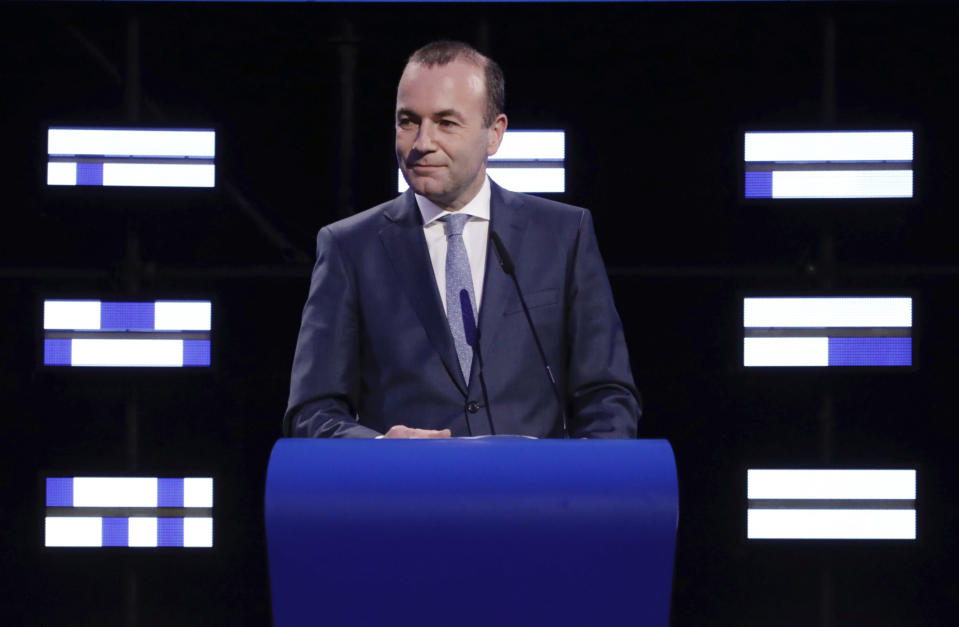EU leaders gear up to haggle over the European Union's top jobs

Negotiations over the top posts in the European Union kicked off on Tuesday in Brussels in the aftermath of parliamentary elections across the bloc.
The 28 heads of member states, including UK prime minister Theresa May, will meet at a dinner hosted by European Council president Donald Tusk tonight.
They will begin the process of selecting the presidents of the EU’s commission, the parliament and council.
The process could be more fraught after the two core groups in the European parliament — the centre-right European People’s Party (EPP) and the centre-left Progressive Alliance of Socialists and Democrats (S&D) group — failed to form a majority in EU elections.
The success of the Greens and the Alliance of Liberals and Democrats puts them in a more powerful position to disrupt the nominations.
Germany and France are already butting heads over the ‘lead candidate’ (Spitzenkandidat) system, in which the top, or chosen, candidates from the largest party are automatically appointed to the top jobs.
Under that system, the new European Commission president to replace Jean-Claude Juncker, would automatically be EPP leader Manfred Weber from Germany.
German chancellor Angela Merkel backs Weber and wants to stick to the lead candidate process, but French leader Emmanuel Macron has indicated that he is not beholden to it.
Macron met with Spanish prime minister Pedro Sanchez on Monday evening, reportedly with the idea of forming an alliance to oppose Weber. Mark Rutte, the Liberal leader of the Netherlands and Charles Michel of Belgium could also back Macron.
The commission president has to first be nominated by the EU council and then approved by the EU parliament.
Merkel said on Monday that EU leaders should agree quickly on a commission president nominee. “We want to find a solution as soon as possible given that the European Parliament will convene at the start of June and it is naturally desirable if by that time we have a proposal from the European Council,” she said.
Current EU budget commissioner Günther Oettinger expressed concerns that the new EU commission will not be up and running by 1 November. He told Handelsblatt newspaper that he could envisage the EPP and the Socialists blocking each other and delaying the nomination process.

 Yahoo Finance
Yahoo Finance 